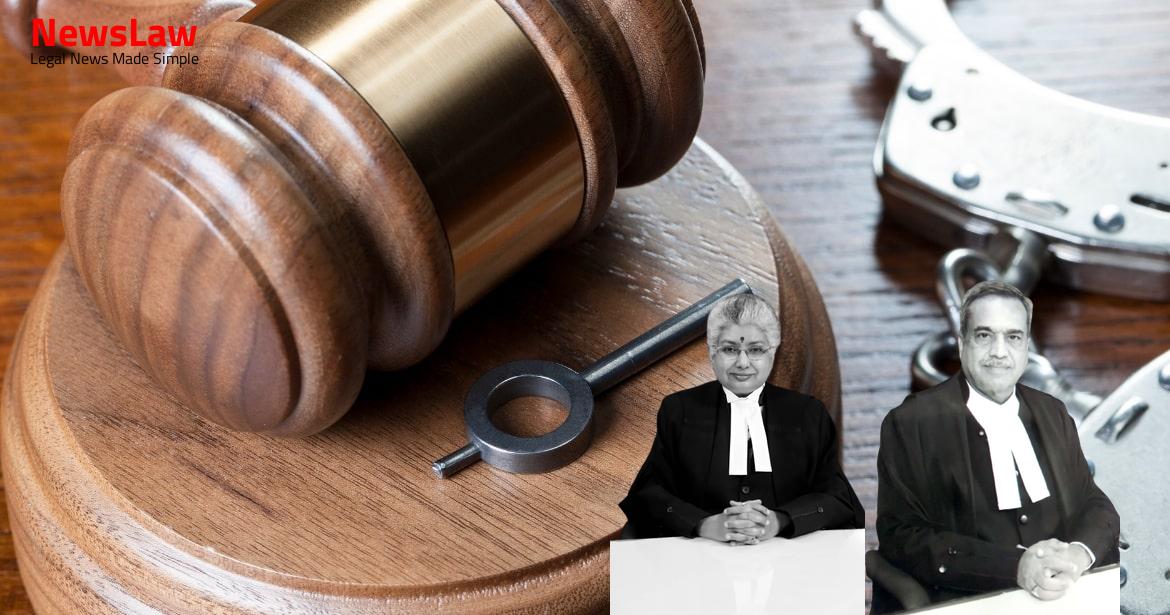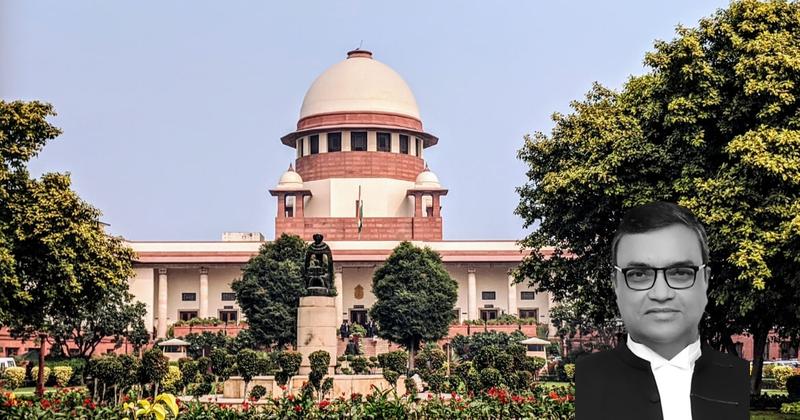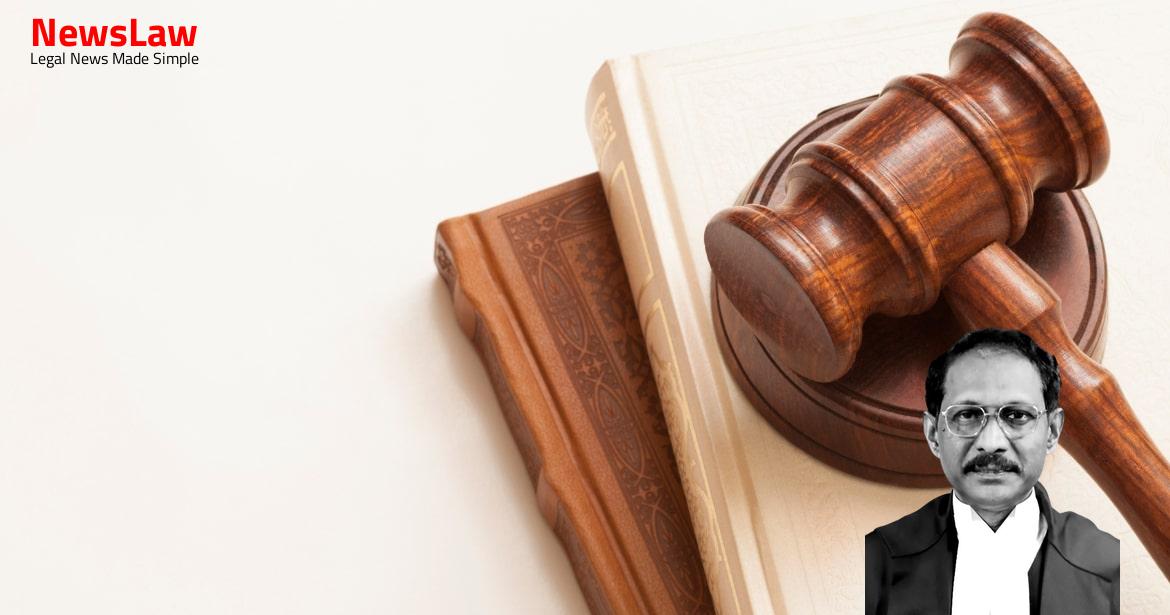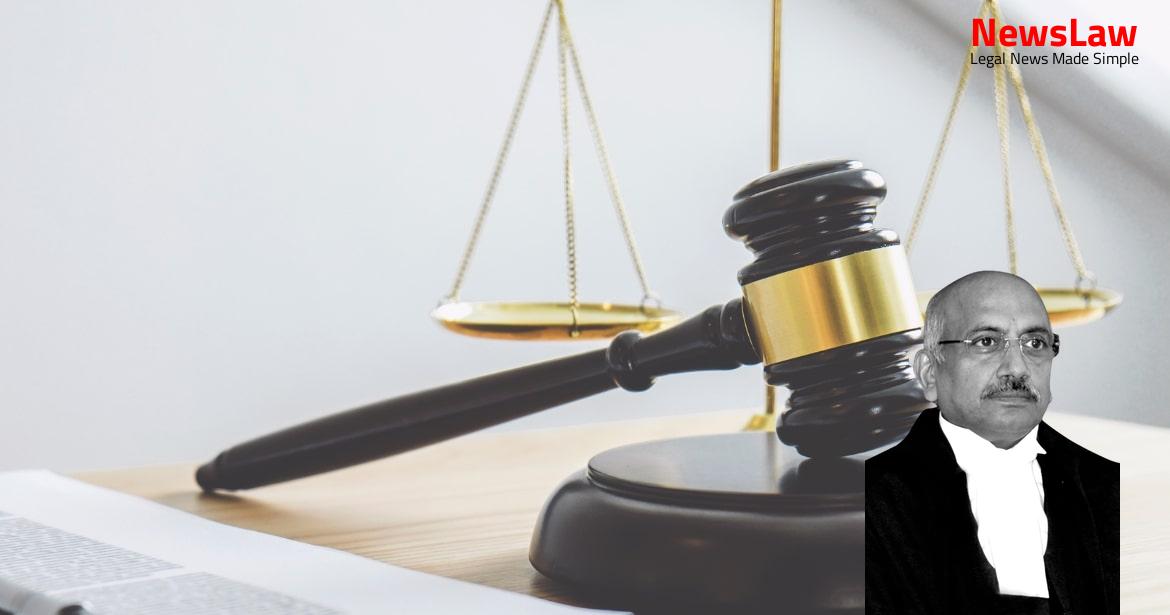In a recent legal case, the validity of a consent decree passed in Lok Adalat came into question. The High Court’s judgment to set aside the decree was based on a detailed legal analysis of the events and procedures followed during the settlement. This blog delves into the importance of court scrutiny in determining the genuineness of consent decrees and the implications of such decisions on the parties involved.
Facts
- The appellant originally filed Original Suit No. 94 of 2006 for specific performance of the agreement to sell/contract.
- One of the defendants, defendant No. 3, was deleted by the plaintiff during the proceedings.
- A consent decree was requested by the plaintiff and defendants Nos. 1 and 2, stating that the parties had settled the dispute.
- Defendants Nos. 1 and 2 later challenged the consent decree in a writ petition, claiming it was obtained by fraud.
- The matter was referred to Lok Adalat by the Trial Court instead of passing the consent decree as requested.
- Execution Petition No. 88 of 2013 was filed by the plaintiff to execute the consent decree and seek execution of the sale deed.
- Defendants Nos. 1 and 2 admitted execution of the agreement to sell and receipt of part sale consideration.
- The remaining sale consideration amount was stated to have been received by defendants Nos. 1 and 2 from the plaintiff.
- The Lok Adalat, presided over by the Civil Judge (Sr. Dn.), Kunigal, passed the consent decree as per the parties’ request.
- The High Court has set aside the consent decree passed by the Trial Court in the Lok Adalat
- The original suit is to be restored to the file
- The Trial Court is directed to re-commence proceedings starting from the date of referring the matter to the Lok Adalat
- The Single Judge of the High Court allowed the writ petition and set aside the consent decree
Also Read: Challenging Legal Presumptions in Negotiable Instrument Cases
Arguments
- The High Court set aside the consent decree passed in the Lok Adalat and restored the original suit.
- The High Court did not commit any error in quashing the consent decree obtained by the plaintiff.
- There are doubts about the genuineness of the consent compromise/consent decree due to the chronology of dates and events.
- The plaintiff first deleted defendant No. 3, and then an Order XXIII Rule 3 application was submitted immediately after.
- Defendant Nos. 1 and 2 allege fraud and should have been given the opportunity to prove it.
- Appellant’s counsel argues that defendant Nos. 1 and 2 received the balance sale consideration as mentioned in the consent application under Order XXIII Rule 3 CPC.
- Counsel emphasizes that both parties jointly filed the application for a consent decree before the Trial Court.
- It is argued that the High Court erred in doubting the genuineness of the consent decree based on the matter being referred to Lok Adalat.
- Appellant’s counsel questions why only plaintiff’s counsel was singled out for misleading the Trial Court, while the defendant’s advocates who also signed the application were not questioned.
- The appeal is filed against the High Court’s decision to set aside the consent decree, based on prima facie observations about the plaintiff’s counsel misleading the Trial Court.
Also Read: Legal Analysis of Admission Irregularities in Educational Institutions
Analysis
- The High Court committed a serious error in doubting the consent decree.
- Filing of the application under Order XXIII Rule 3 CPC is not disputed by the defendant Nos. 1 and 2.
- The matter was referred to the Lok Adalat by the Court and even the Lok Adalat was presided over by the very same learned Trial Court Judge.
- The procedure of referring the matter to Lok Adalat instead of passing the decree in Court is a common practice.
- No fraud or misleading behavior was found in the process leading to the consent decree.
- Merely referring the matter to Lok Adalat by the learned Trial Court does not raise suspicions on the genuineness of the consent decree.
- The High Court’s observation regarding the writ petition not being entertainable due to the referral of the case to Lok Adalat was noted.
- The plaintiff, defendant Nos. 1 and 2, and their Advocates filed the application under Order XXIII Rule 3 CPC requesting a consent decree based on the settlement of disputes.
- In-depth examination of the dates and events related to the consent decree in Lok Adalat was done to establish genuineness.
- The High Court observed that the counsel for the plaintiff must have misled the Trial Court in obtaining the decree on 18.8.2007.
- There are no allegations against the counsel appearing on behalf of the defendant Nos. 1 and 2.
- Defendant Nos. 1 and 2 did not object to submitting the application under Order XXIII Rule 3 CPC for a consent decree.
- The High Court’s judgment to set aside the consent decree passed in the Lok Adalat was deemed unsustainable.
Also Read: Legal Analysis: Driver Appointment Dispute
Decision
- The impugned judgment and order dated 30.11.2020 passed by the High Court in Writ Petition No 35073 of 2015 is quashed and set aside.
- The consent decree passed by the Trial Court in the Lok Adalat is restored.
- The present appeal is allowed without any costs being awarded.
Case Title: HEMANTHA KUMAR Vs. R. MAHADEVAIAH (2022 INSC 694)
Case Number: C.A. No.-004108-004108 / 2022



